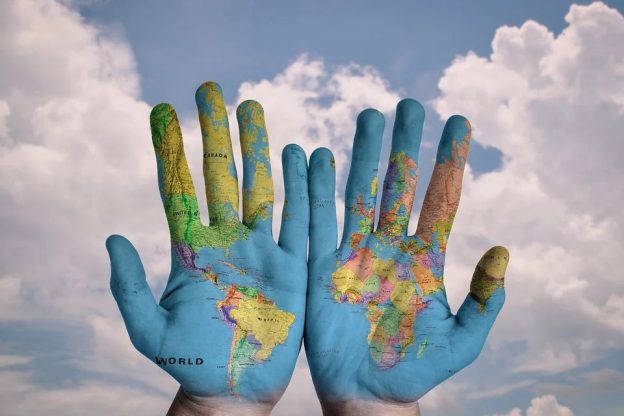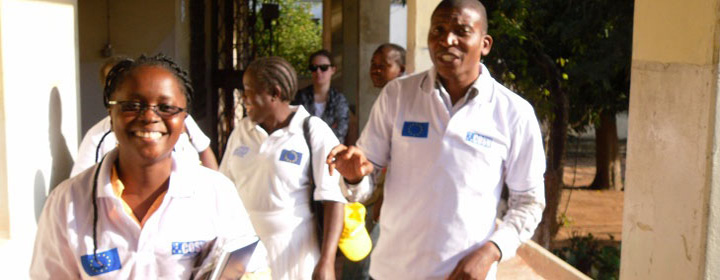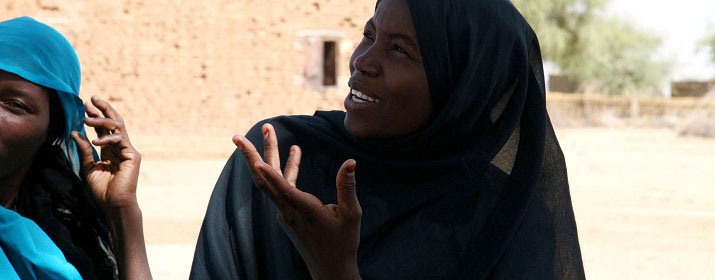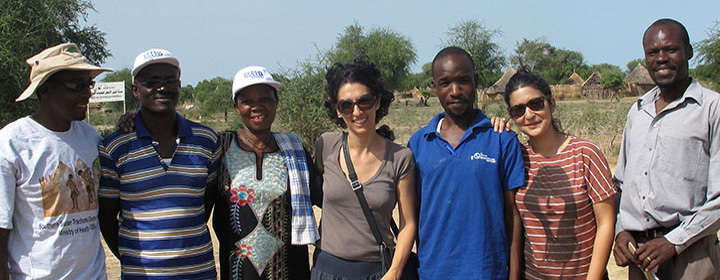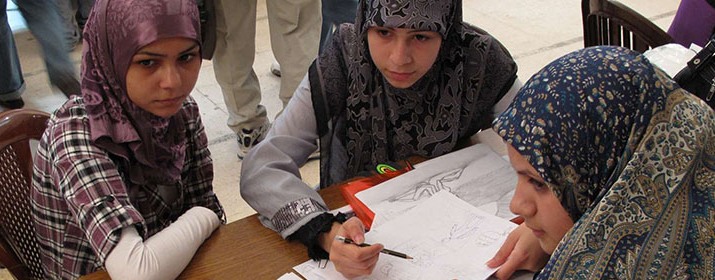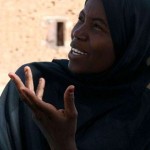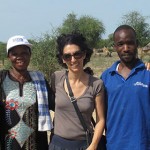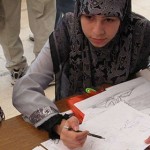Global citizenship education, therefore the ability to live together and be in solidarity, is one of the biggest challenges that the Link2007 NGOs propose, alongside interventions in the most disadvantaged countries. To contribute to the growth of a collective mentality that recognizes how the meeting between different cultures is now an irreversible reality, as well as a vision of the world based on respect and dialogue, the school emerges as the primary place where to try to instil the cell of change.
– article by Cinzia Giudici, President of the Coordination of organizations for voluntary service
Link2007 NGOs have always supported their interventions in the most disfavour countries with “development education on the Italian territory”. Over time, the activities took place in the most diverse areas, and a constant commitment was certainly with schools, from childhood ones to universities.
Today, with the adequate definition of Education for Global Citizenship, the experience gained by the NGOs of our network in collaboration with schools, public administrations, associations and citizens allows us to design programs that start from a deep knowledge of the area and real needs.
The 2018 document “Italian Strategy for Education for Global Citizenship – ECG” signed between various Ministries – including that of Foreign Affairs in collaboration with institutions that deal with education and instruction – clearly indicates how to understand education to global citizenship and which strategies and tools to apply to achieve it. The ability to “live together” and be in solidarity must be developed through the knowledge and understanding of others, their history, their traditions and their spiritual values and must recognize our growing interdependence as the founding element of societies: the risks and challenges that we have been called to face for some time must necessarily lead humanity to implement common projects.
We like to emphasize our origin from international cooperation, which underlines some crucial aspects: global culture applied to the territories, respect and involvement and promotion of local partners, meeting between different people, listening to all interlocutors. All of this needs to be applied to the relationship with schools and the territory, which are always to be considered closely connected, acquires a value, in our opinion, that cannot be renounced.
Today it seems indispensable to contribute to the growth of a collective mentality that recognizes how the meeting between different cultures in our territory is now an irreversible reality: a vision of the world based on respect and dialogue between one and the other, through knowledge and ” contaminations ”which often give unexpected results.
Our interventions have a very marked territorial characteristic: an element that certainly does not constitute a contradiction with the openness to the world, since even “at home” the culture of knowledge of the “other” and hospitality has the most different. Understanding its political and social characteristics in-depth constitutes a basic element for being able to calibrate interventions in an adequate and lasting way over time, capable of modifying, step by step, attitudes that reject or are indifferent to what happens outside one’s narrow scope. We can no longer speak only of immigration, but more and more often of second and third generations, Italians in fact, but with family traditions that have the right to be protected and tell, which brings many boys and girls to schools, boys and girls from from “other” places, with which to relate, and which allows us to address the many global issues, which cannot be addressed by individual states, as the Covid pandemic has shown us! We are talking about the environment, health, the 2030 Agenda, but also, and above all, human rights and peace.
The school is the ideal place to read and connect the world: there are pupils, families, teachers, inserted in a territory with their citizens, in relationship with the institutions and, thanks to the digital tools used well, the possibility of achieving great results. It is quite clear that to deal with issues in school that thus cross over between the social and the political, the relationship with teachers, school management and parents becomes of fundamental importance, on pain of creating dangerous conflicts in children between school and family, or any case with their world of reference.
Almost all the success of our interventions is at stake in the relationship especially with teachers and school management. It is a relationship that has a lot to do with our methodologies in international cooperation interventions: it is a question of planning together, not of presenting prepackaged packages, not even those that have worked successfully in other contexts.
As mentioned above, the analysis of the social context has decisive importance, which can only take place with a deep knowledge of the environment in which children and young people move. We can be the bearers of methods and tools, which must however be adapted and made their own by the surrounding world, and certainly not “lowered from above”.
In this way, it will be possible to give young people experiences that can open them up to the world and make them aware that the major issues on the table today are global.
By meeting and discussing with the most sensitive teachers and managers, it is possible to create wide-ranging interventions, lasting several years and the possibility of ever wider dissemination. In this way, “education for global citizenship” becomes an integral part of learning, a transversal element and not a foreign, extemporaneous body, which disappears once the project is finished.
A school open to the world – Article by Cinzia Giudici on Africa Rivista
